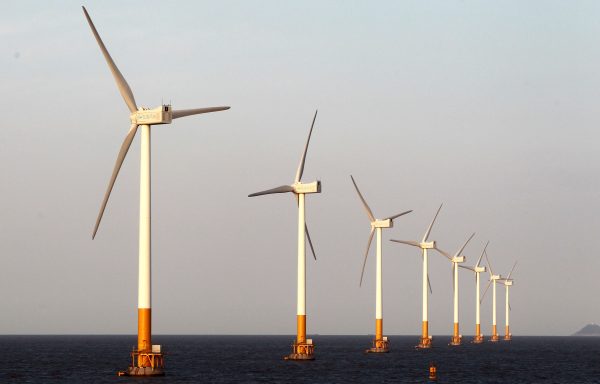Chinese students at Kingston University have welcomed China’s pledge to become carbon-neutral by 2060 but believe 40 years is not enough to achieve this goal.
The President of China, Xi Jinping, promised his country would become completely carbon neutral by 2060, in an announcement made at the UN. It comes months after Europe’s promise to cut their emissions by 55 per cent.
Yanzhen Dai, a third-year graphic design student, said: “I noticed that China has been recycling a lot in the past three years, and they’ve been really strict about it. The police are stationed near recycling bins in order to make sure that we’re doing it correctly, so if they’re this strict that means they are very serious about achieving this objective.”
Even though China’s long-term target was announced almost a month ago, the government omitted to reveal a concrete plan detailing how they intended to reduce carbon levels. This has caused some people to feel sceptical about the country’s intentions.
Justin Wah, a third-year Biology student said: “I don’t think they have a plan at all. All they think about is supressing democracies. They’re not concerned about the environment at the moment.”

Despite concerns that no plan has been revealed, a general consensus among Chinese students at Kingston University is that they’re confident the target is achievable if more time is given.
Policy advisor for Greenpeace China, Li Shuo, said that the carbon neutrality pledge requires a complete transformation of the Chinese economy, something which according to climate experts, would not be possible in 40 years.
Shuo said: “The way we eat, the way we consume energy, the way we produce our food, the way we commute to work will need to be completely rearranged.”
Jade Wong, a third-year graphic design student agreed with Mr Shuo’s statement and said: “We might be on the way to carbon neutrality but not completely. We would need a lot more time.”
China is currently the largest investor, producer and consumer of renewable energies, a resource which would play a crucial role in reducing carbon levels in the country.
Experts have already warned China that if they fail to meet their target, the world could experience a climate catastrophe.
Yanzhen believes renewable energies would be important for China in helping them reduce pollution levels, however, she said people’s commitment to fight climate change will be crucial to reach China’s desired target.

She said: “It really depends on people. It’s one thing to set targets but it’s another thing to implement the rules needed to meet those targets, and without the people’s help, this carbon-neutral target will never be achieved.”
China will be meeting other UN countries next year in the UK at COP26, the annual United Nations Climate Change Conference, which is seen as the last chance to put the world on track and achieve the goals of the 2015 Paris agreement: to keep global heating well below two degrees Celsius.

